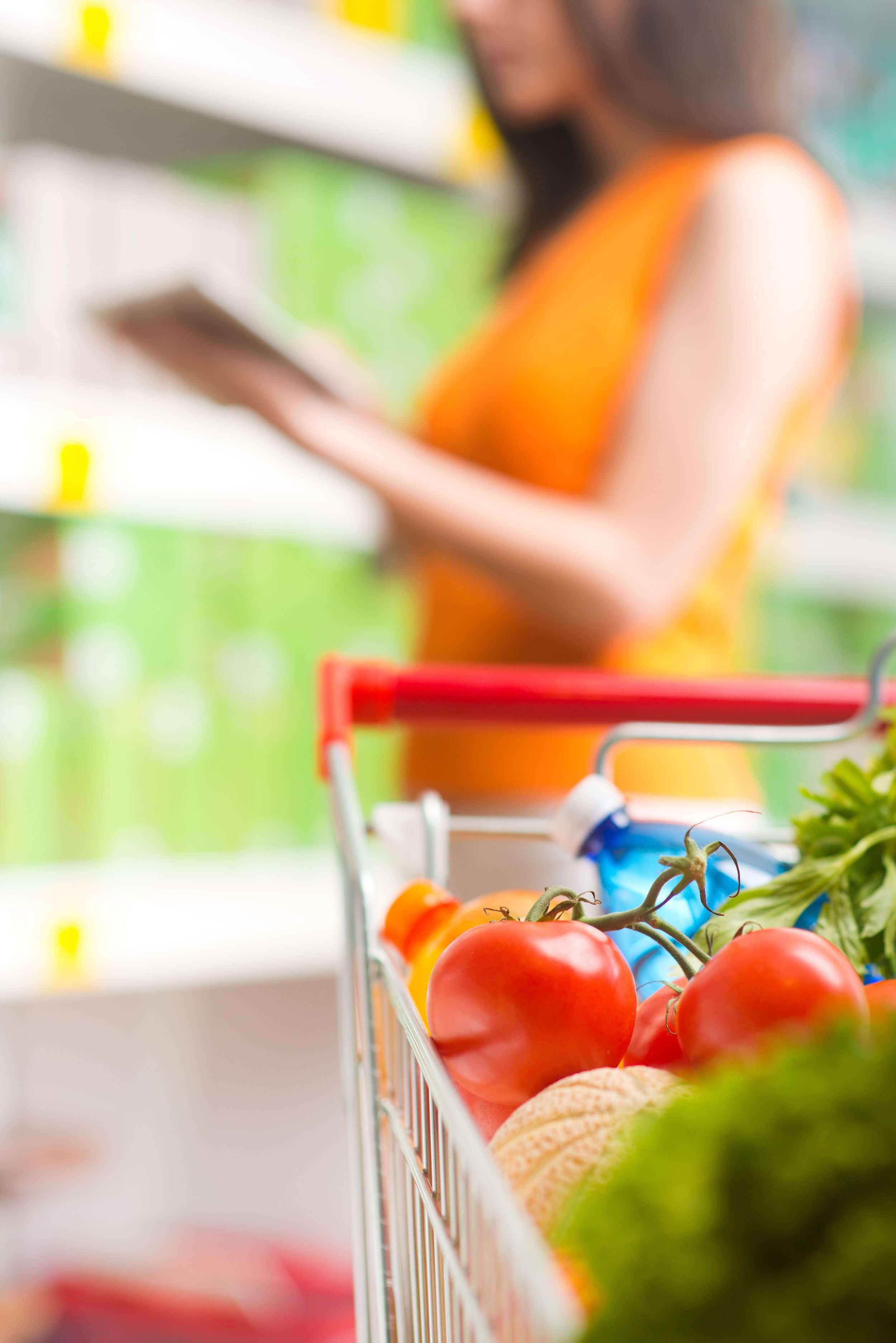
The rapid change of buying behavior put e-commerce on the leading path and created enormous obstacles for brick-and-mortar retailers to keep up, providing a competitive in-store shopping experience. The beginning of 2017 saw the decrease of in-store sales, and it became apparent that traditional offline shops just can’t make it – big-name brands have announced more than 3,200 closures so far.
Retailers have to understand that the huge choice of technical innovations nowadays is not a block on the way to succeed in brick-and-mortar commerce but a great tool to enhance it. When people usually advanced “old-fashioned” things or substituted them with the latest and upgraded versions – we called it progress. Thus, why not follow this progress in retail and improve stores with technical innovations instead of closing them?
1. Outdoor and indoor location-based services (LBS) for better targeting
First, install in-store beacons and IoT sensors. With their help, you will be able to follow shoppers’ paths in your store (define their favorite departments or goods) and provide personalized offers based on gathered behavioral data. Customers can even receive actual notifications and targeted deals immediately in-store if they have the retailer’s app installed or if beacons are connected to wearables, which will double walk-outs with a purchase.
The upgraded version of such devices is the outdoor LBS, which lets you track and “catch” customers located nearby and send promotional offers using Foursquare or Shopkick to invite them to your closest stores. For example, customers of Macy’s receive alerts about new deals and sales through Shopkick.
The solution is straightforward and practical at the same time. Despite being small and inconspicuous, location-based services affect customer engagement significantly – tailored messages are relevant for consumers, and retailers get more chances to welcome not only visitors into their shops but buyers as well.
2. Monitoring inventory to ensure stock availability for high-demand products
The next step is to organize your shelves and inventory, trying not to disappoint shoppers by sudden “out-of-stock” warnings in the locations where their favorite items are supposed to be. Retailers such as Walgreens or Lowe’s use Smart Shelves for these situations not to occur.
Smart Shelves is the technology that monitors your inventory and shelf content to refill them automatically when any of the items are running out. In case there is a lack of products on the counters or in stock, the system informs store associates or alerts a warehouse about it.
ELEKS, for example, provides an alternative – an application suite for streamlined store management to facilitate inventory, selling, and the rental return process. Using a phone camera or a scanner, retailers can check the annual physical inventory and regular cycle counts as well as apply one-transaction rental returns with fees and buyback options automatically.
Such technologies scan everything in real-time and require no human resources to check the storage throughout a day, so that the process is continuously in action, fully automated and correlated.
3. Retail applications for smarter in-store experience
Consumers love when retailers recognize them and inform them about “ultra-special-deals,” which is proven by the Retail Technology Survey conducted by the International Council of Shopping Centers (ICSC). It states that 71% of interviewed consumers have retailers’ apps installed, and 80% of them are willing to receive alerts about discounts while shopping.
In-store retail applications, which synchronize with beacons and push messages about discounts directly in a shop, are the most convenient means to provide clients with this constant flow of useful information. It is a win-win strategy for retailers’ instant communication with loyal customers if coordinated with promo-campaigns and exclusive offerings.
Another way to create an exceptional in-store shopping experience using mobile applications is barcode scanning. Such apps give customers an opportunity to scan every product while shopping and get instantaneous data about the chosen item – price, specifications, and reviews. Thus, shoppers don’t waste time searching for store assistants but can find all the necessary information in their phone, comparing different goods and choosing what’s better.
4. Virtual Reality (VR), Augmented Reality (AR) and Artificial Intelligence (AI) for improved visualization
These breakthrough technologies head the most revolutionary changes in retail, and it is entirely reasonable to use them in-store. Retailers can offer various AR catalogs or VR sets to help customers visualize chosen goods in different colors or select products according to specific features.
Furniture companies like IKEA use Augmented Reality to enable shoppers to check if certain pieces of furniture would match their current interior design before purchasing. Another solution from ELEKS for the automobile industry – an app that helps users explore a car’s interior via cell phone. Fashion retailers can use VR or AR to let customers try on colors or styles of clothing. Moreover, in Topshop, customers can even customize clothes using AI bots and print them directly in-store.
Such possibilities transform the retail store experience, making it fascinating and inviting to come and try it again.
5. Touchscreens and self-serve kiosks to boost customer engagement
Finally, if you can’t offer the service your customers are looking for – put it in their hands! Self-serve kiosks and touchscreens successfully accomplish such a mission. Both variants serve for providing a personalized shopping experience and interaction between a store and its customers.
Touchscreens may serve as checkout points and reduce lines to cashiers, while self-serve kiosks may become the equivalent of personal shopping assistants, capable of suggesting a product, checking its specs, and reviewing the lowest prices. McDonald’s, for example, offers a kiosk system that replaces workers. Fast-food fans can use in-store “Create Your Taste” touchscreens to create different burgers or just choose between current menus without any assistance.
In general, this innovative solution simplifies the whole shopping process for customers and retailers as well: the first one saves loads of time and the second – human resources.
So, it's high time to have the in-store shopping experience reimagined!
The bonus of physical stores is that people still want to check the items they intend to buy. However, an immersive and exciting shopping experience across all channels remains the #1 demand, and brick-and-mortar retailers have to concentrate on in-store technology innovations to stay afloat.
Looking for a technology partner to implement a breakthrough retail solution? Considering bringing onboard a smart team of software experts to meet the gaps in your in-house technology expertise?
